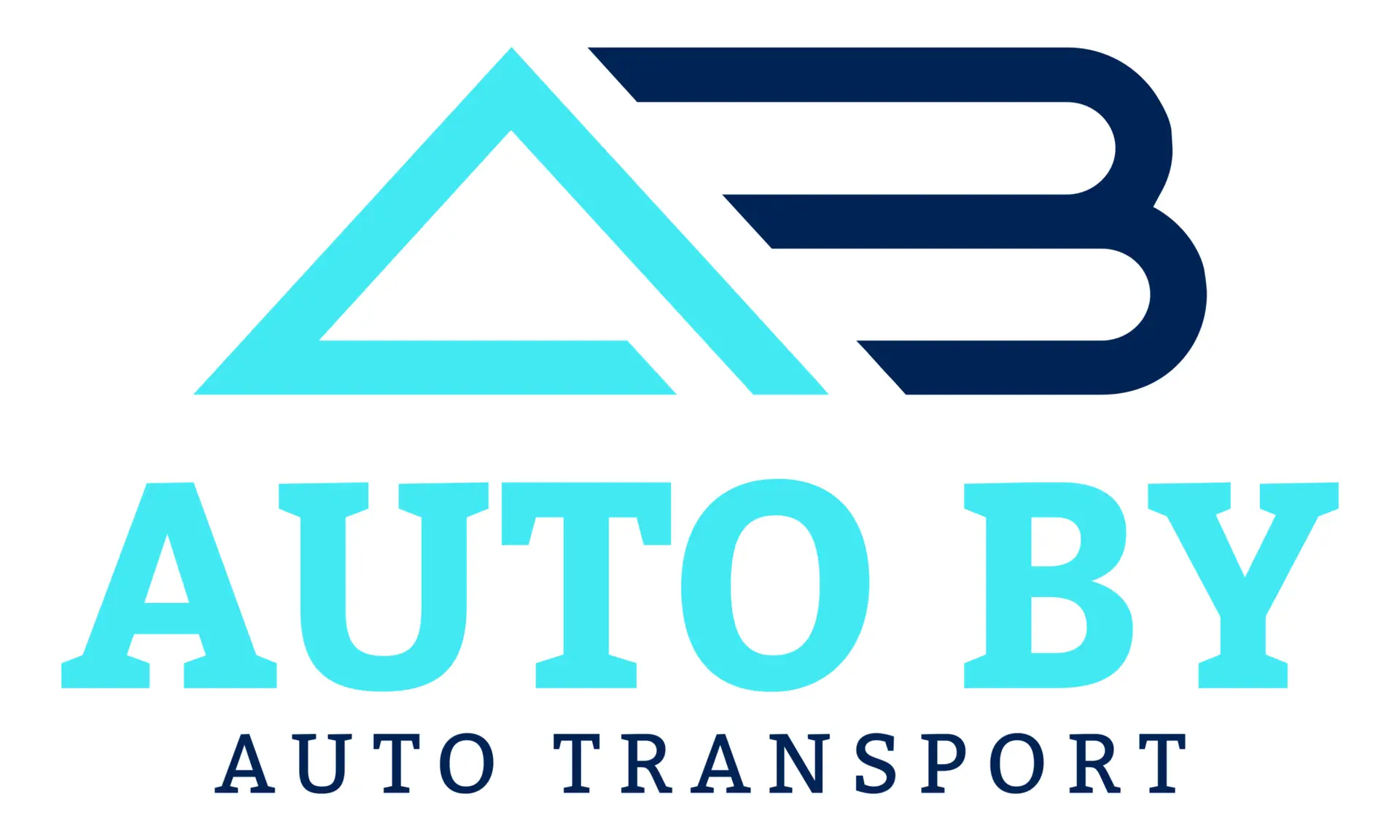Check Online Reviews and Ratings
Begin your search by examining online reviews and ratings of various auto transport companies. Websites like Google, Yellow Pages, and the Better Business Bureau (BBB) provide customer insights and ratings that can help gauge a company’s reliability. Look for companies that consistently receive positive feedback, as well as those that respond constructively to negative reviews.
Pay attention to specific comments regarding the condition of vehicles upon arrival, customer service, and adherence to timelines. Reviews from past customers can give you a clearer picture of what to expect, and they often highlight potential red flags to watch out for.
Look for Industry Certifications
Certifications from industry organizations can indicate a company’s credibility. Look for affiliations with the American Moving and Storage Association (AMSA) or similar bodies, which enforce ethical guidelines and standards. These certifications not only signify reliability but also suggest that the company adheres to best practices within the industry.
Additionally, being registered with the Federal Motor Carrier Safety Administration (FMCSA) is crucial. This registration ensures the company meets regulatory requirements, operates legally, and provides a level of consumer protection.
Verify Experience and Reputation
Experience matters in the auto transport industry. Companies that have been in business for several years tend to have established procedures and a better understanding of the logistics involved. Assess their reputation by asking for references from previous clients and contacting them to hear about their experiences.
Furthermore, check for any complaints filed against the company with consumer agencies. A history of unresolved complaints can signal potential issues that may arise during your transport experience.
Comparing Quotes
Understand Pricing Structures
When comparing quotes from different transport companies, it’s essential to understand their pricing structures. Some companies may charge based on the distance, while others consider the size and weight of the vehicle, the type of transport (open vs. enclosed), and additional services like door-to-door delivery.
Request detailed quotes that break down each cost. This information will help you make informed decisions and ensure you are aware of what you’re paying for.
Evaluate Services Included in Quotes
Not all quotes are created equal. Some may appear cheaper but include fewer services, while others might offer comprehensive packages at a slightly higher rate. Evaluate what each quote includes, such as insurance coverage, tracking services, and delivery options.
Additionally, inquire if they provide an estimated delivery timeframe, as this can greatly affect your planning. A slightly higher cost may be worth it for added convenience and reliability.
Beware of Hidden Fees
Hidden fees can significantly impact the overall cost of auto transport. Ensure you ask about any additional charges that may arise, such as fuel surcharges, tolls, or costs related to delays. These fees should be disclosed upfront, and any reputable company will provide a transparent breakdown of costs.
Read the fine print of any agreement before signing. Understanding all potential fees can prevent unexpected costs and frustration down the line.
Recognize Unrealistically Low Quotes
While everyone loves a good deal, be cautious of quotes that seem significantly lower than the industry average. Unrealistically low prices can be a sign of subpar service, hidden fees, or a lack of essential insurance coverage.
Companies that offer rock-bottom prices may cut corners in service quality or customer care, leading to potential issues during transport. Always balance cost against the quality of service offered.
Assess the Financial Stability of the Company
Before proceeding with a transport service, consider the financial stability of the company. A financially stable company is more likely to meet its obligations and deliver your vehicle safely and on time. Look for companies with a solid track record and positive financial reviews online.
Check if they have a history of bankruptcy or significant complaints that could affect their ability to provide reliable service.
Investigate Customer Feedback Further
Delve deeper into customer feedback, especially concerning delivery times and vehicle conditions upon arrival. Websites dedicated to consumer protection and reviews can provide additional insights that may not be immediately visible on general review sites.
Consider reaching out to previous customers directly to get firsthand accounts of their experiences, which can inform your decision further.
Understand Payment Terms and Conditions
It’s essential to understand the payment terms and conditions set by your chosen auto transport service. Many reputable companies do not require a deposit until after delivery is completed. This policy protects you from losing money to a service that may not deliver as promised.
Read through the payment details in their contract carefully. Ensure that you feel comfortable with their payment terms before proceeding.
Only Pay Upon Delivery or After Services Rendered
To protect yourself, opt for companies that allow payment upon delivery or after confirming that the service has been completed satisfactorily. This arrangement minimizes risk, as you can inspect your vehicle and ensure it meets your expectations before making any payments.
A reputable company will understand this request and should have no issue accommodating it.
Recognize Red Flags in Payment Requests
If a company insists on a large upfront deposit or payment through unconventional methods like wire transfers, view this as a red flag. Legitimate companies typically accept standard payment methods such as credit cards or checks and will not pressure you into unusual arrangements.
Always trust your instincts. If something feels off, it’s worth considering other options.
Ask All the Questions
Inquire About Insurance Coverage
One of the most critical aspects of auto transport is understanding the insurance coverage provided by the company. Before finalizing your choice, ask about the type and amount of insurance offered. This coverage should protect your vehicle during transit against damage or loss.
It’s also wise to check if the company’s insurance meets or exceeds state requirements. If necessary, consider supplementing their coverage with your own insurance policy for added peace of mind.
Clarify Delivery Timelines
Communicating about delivery timelines is essential for effective planning. Ask for both the estimated pickup and delivery dates. Different transport companies may have varying timelines based on distance and route, so it’s crucial to know what to expect.
Additionally, inquire about their policy for delays, which can occur due to unforeseen circumstances. Understanding how they handle such situations can save you future headaches.
Understand the Transportation Process
Finally, ask detailed questions about the transportation process itself. Inquire whether the transport will be open or enclosed, the type of vehicles they usually transport, and how they handle multi-vehicle shipments. Knowing the specifics helps you understand how your vehicle will be treated during transit.
A professional service provider will be willing to explain their processes clearly and confidently, which indicates reliability.
Confirm Vehicle Condition Documentation
It’s crucial to not make assumptions regarding the condition of your vehicle prior to transport. Before the vehicle is loaded, ensure a thorough inspection occurs, and both you and the driver document its condition. Photos and written documentation can serve as a reference point in case any damages occur during transit.
Request a copy of the vehicle condition report for your records. This documentation can be vital if you need to file a claim for any damages that may arise.
Discuss Pickup and Drop-off Procedures
Each auto transport company may have different procedures for pickup and drop-off. Clarify these processes to avoid any misunderstandings. Discuss where and how the vehicle will be picked up, as well as any specific requirements for the drop-off location.
Understanding these logistics will help ensure a smooth transport experience and set clear expectations from the beginning.
Verify Communication Channels
A reliable auto transport company should maintain open communication with you throughout the process. Verify how they will contact you regarding updates or any potential issues. Understanding their preferred communication methods can save you from unnecessary confusion later.
Ensure they provide a direct line of contact for concerns that may arise during transport. A company that values communication is more likely to provide a positive customer experience.
Conclusion
Choosing a reputable auto transport service is crucial for ensuring the safety and timely delivery of your vehicle. By conducting thorough research, comparing quotes, and asking the right questions, you can make an informed decision that protects your investment. Remember to be wary of suspiciously low quotes, verify insurance coverage, and maintain clear communication with your chosen provider. Following these essential steps will help you navigate the auto transport landscape confidently.


